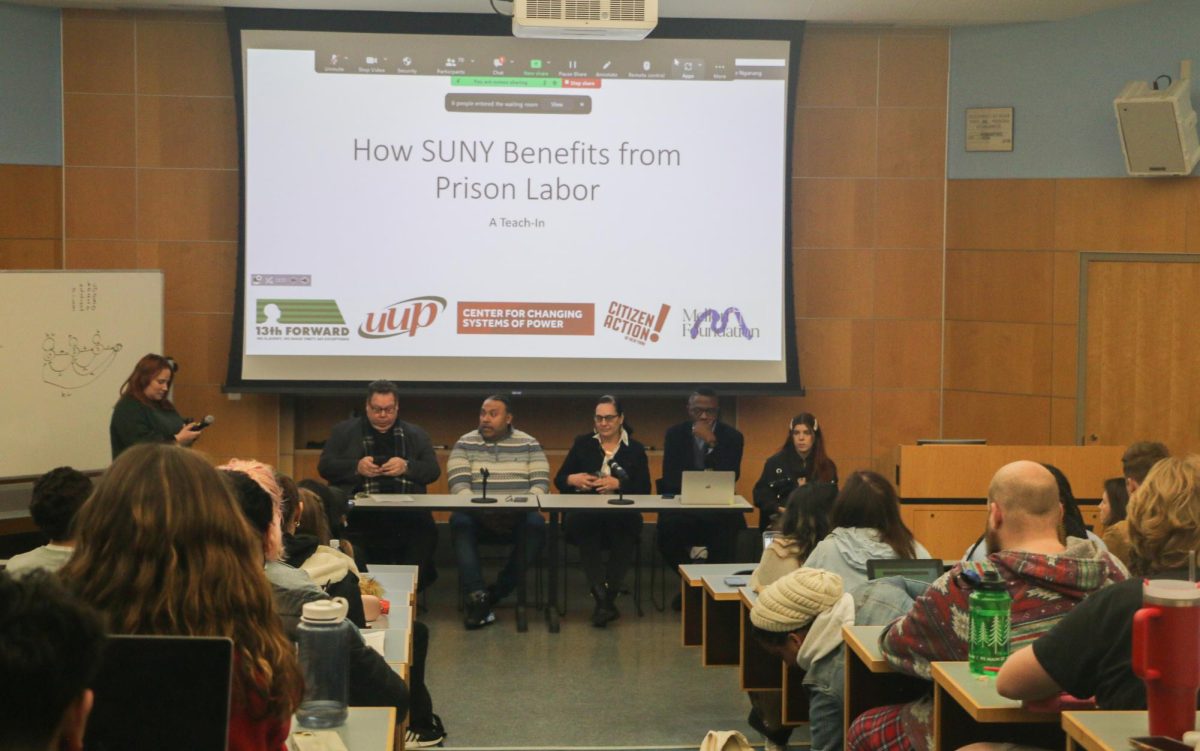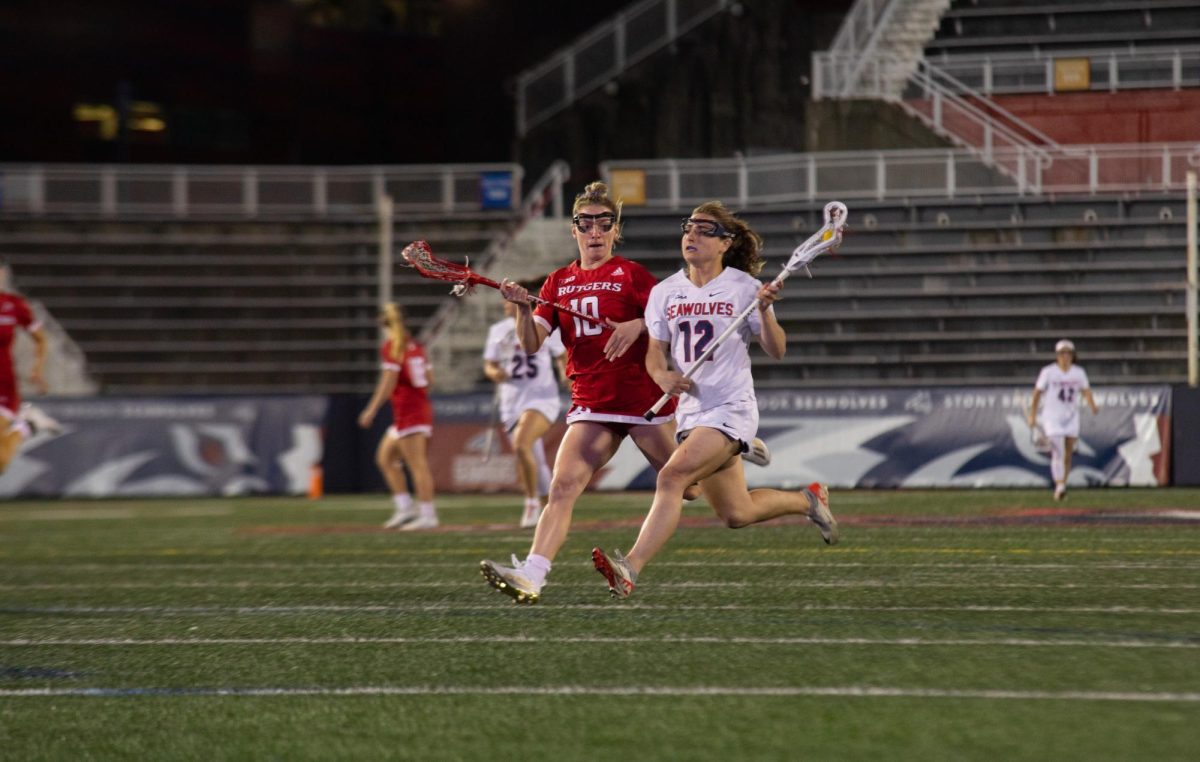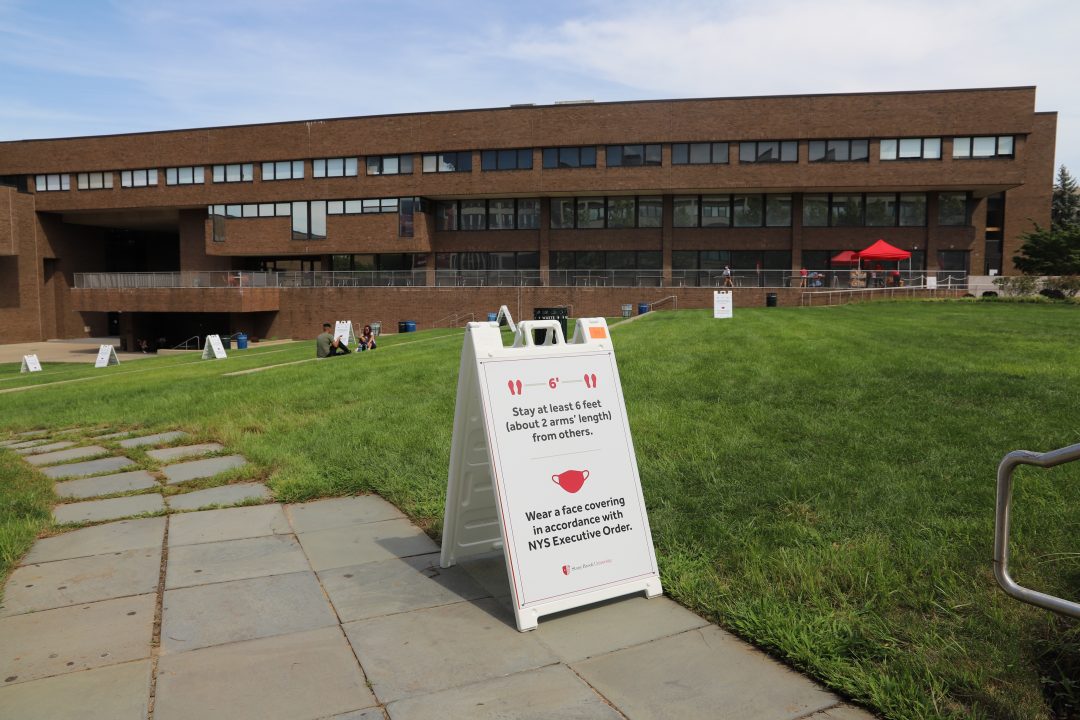
What a botched public health response can teach us one year after COVID-19 hit the U.S.
Benjamin Joffe
• April 15, 2021
Read Story
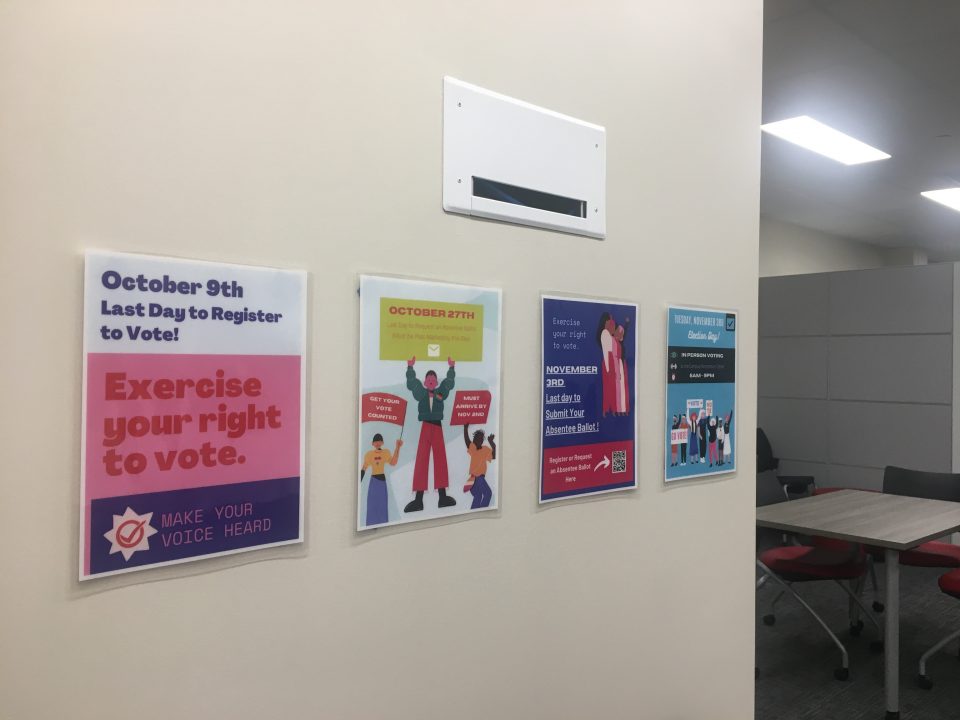
Center for Civic Justice hosts community dialogue after Election Night
Niki Nassiri
• November 10, 2020
Read Story

The Trump administration’s travel ban chooses Africans as their next target
Maya Brown
• February 23, 2020
Read Story
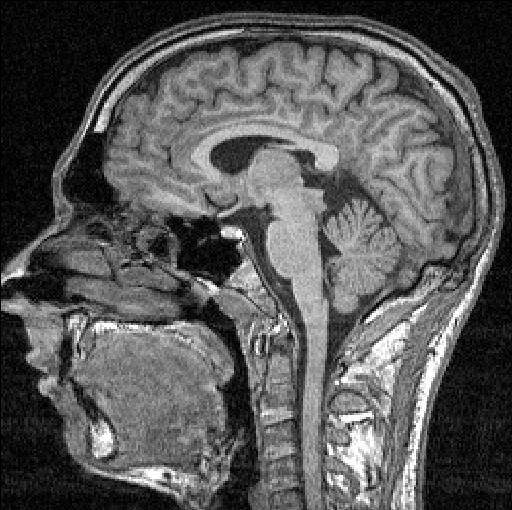
SBU Professor developing new way to combat Alzheimer’s Disease
Joe McQueen
• January 19, 2020
Read Story
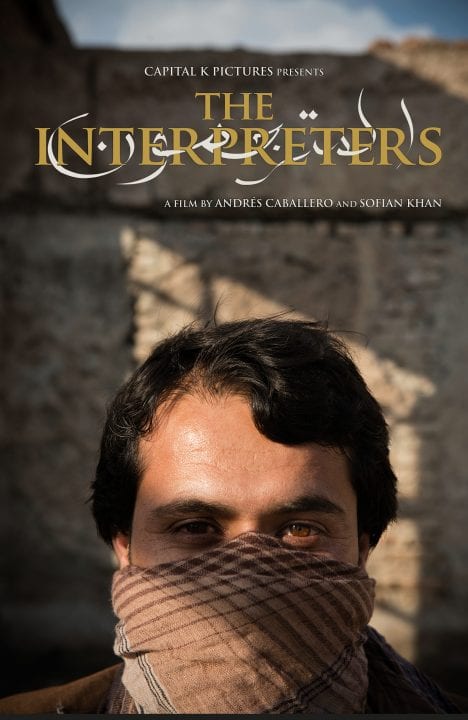
A conversation with composer Simon Taufique on “The Interpreters”
Melissa Azofeifa
• November 10, 2019
Read Story
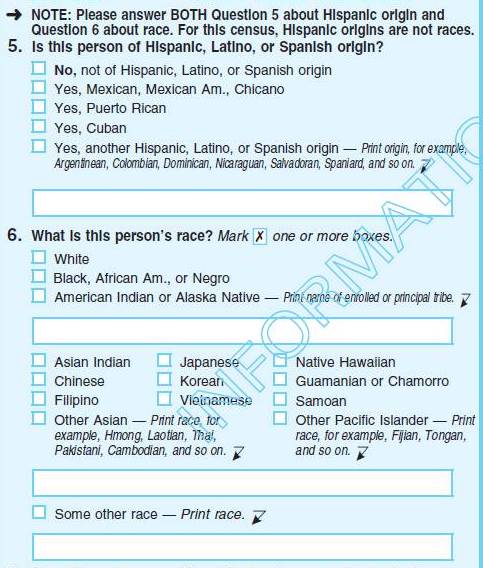
The census omits Middle Eastern and North African identities
shakeb Zia
• October 23, 2019
Read Story
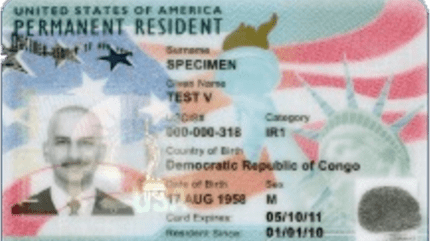
New ‘public charge’ rule could affect status of student immigrants
Fanni Frankl
• September 29, 2019
Read Story
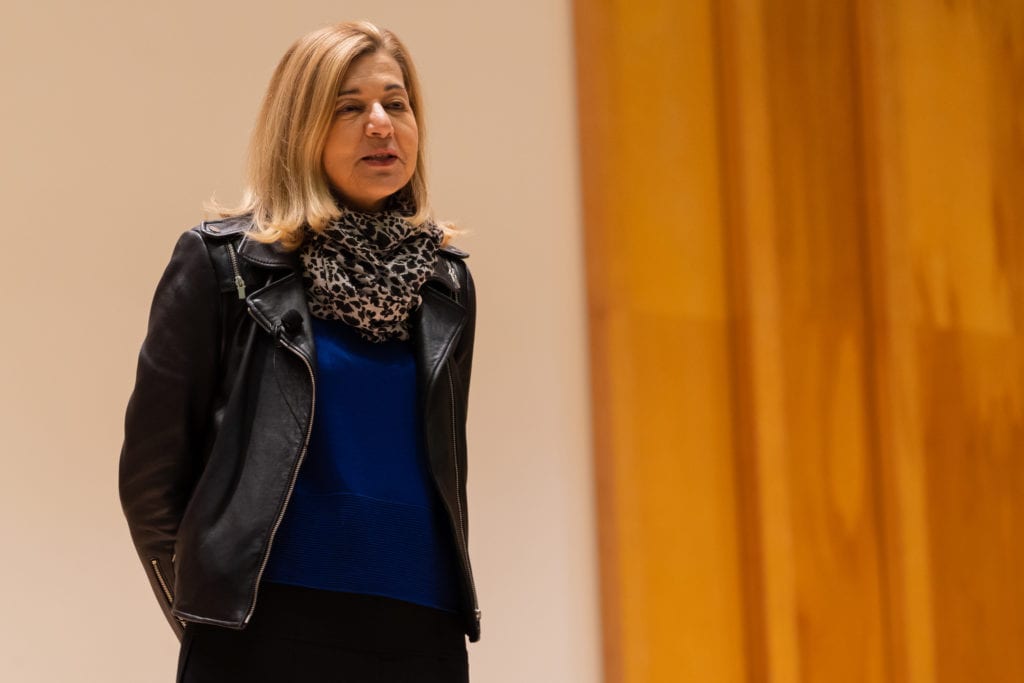

SUNY and President Stanley oppose removal of affirmative action guidelines
Gary Ghayrat
• July 21, 2018
Read Story

Trump administration sets new visa restrictions for Chinese students
Brianne Ledda
• June 23, 2018
Read Story

SoMAS professors condemn offshore drilling at NYS Assembly hearing
Rebecca Liebson
• February 18, 2018
Read Story

Load More Stories

April 18, 2024
Newsletter



